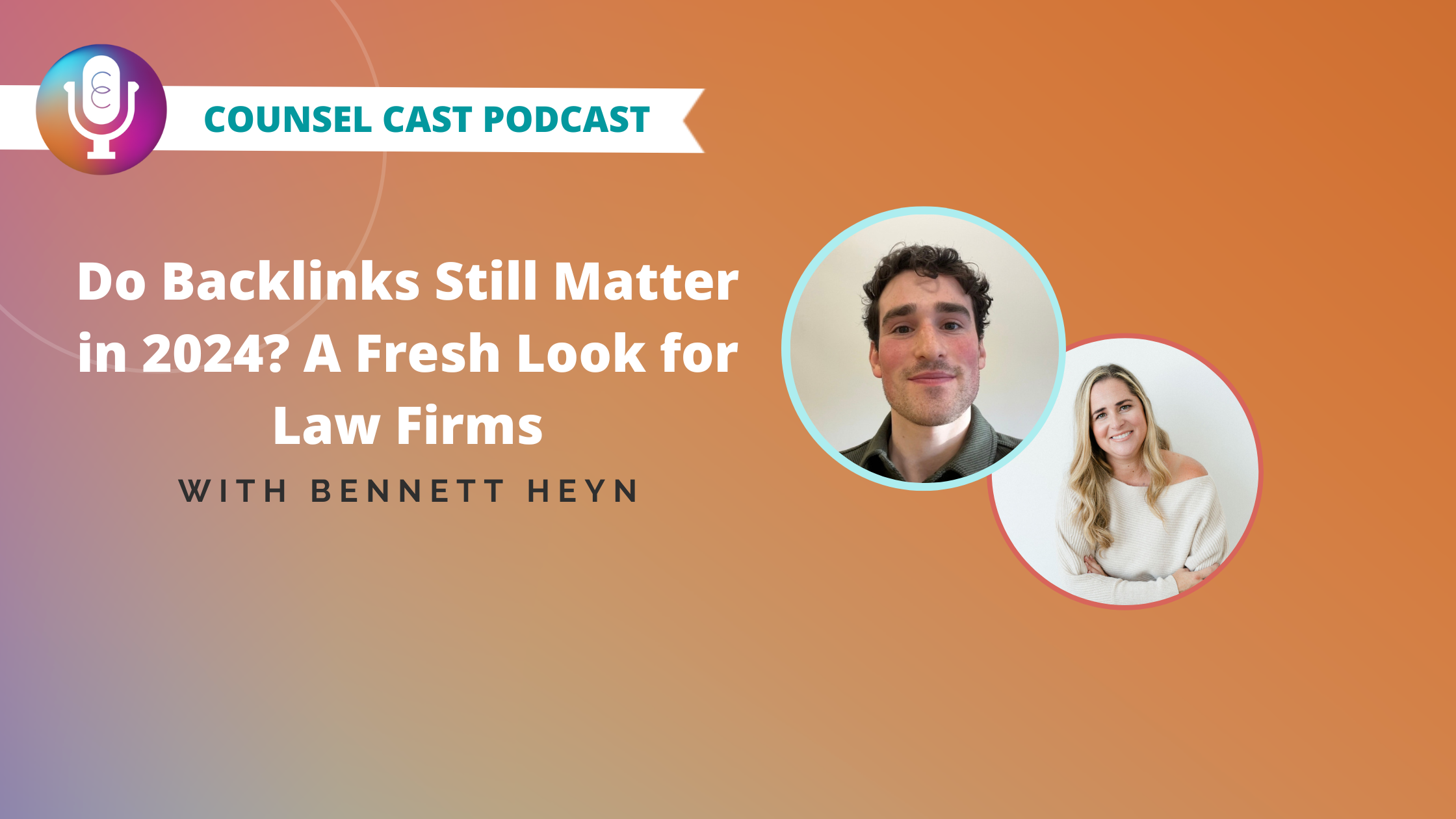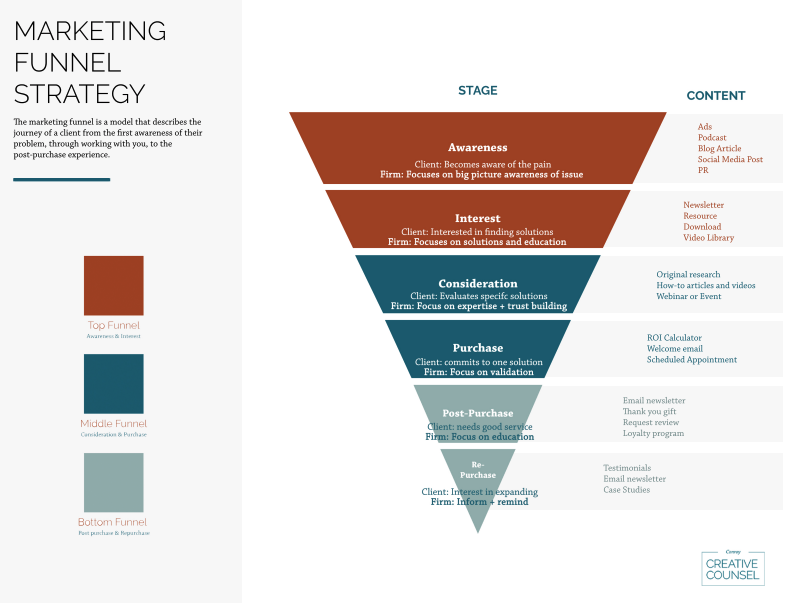Today’s law firms are searching more and more for dependable, user-friendly website design platforms since having an online presence is essential. In this field, Squarespace and WordPress are the two main competitors.
As an update to our previous post, “Why Lawyers Should Use WordPress Instead of Squarespace for Law Firm Websites,” our goal is to offer a more thorough analysis of the difficulties and factors legal companies need to think about when choosing a platform. The decision between Squarespace’s uncomplicated website-building service and WordPress’s open-source flexibility isn’t easy, even if each offer their own special features and advantages. With an updated viewpoint on why WordPress might still be a better choice for law firms than Squarespace, this post seeks to clarify several crucial elements that can affect this crucial choice.
The Hidden Costs of Using Squarespace for Law Firm Websites
Limited Customization
Squarespace provides a selection of templates that at first glance could appear reasonably priced. But the limits of customization can show very quickly, particularly when attempting to apply more intricate features or certain regulatory compliance needs. Due to these restrictions, additional code or third-party interfaces may be required, incurring additional expenditures.
Third-Party Apps and Integrations
Compared to WordPress, Squarespace has a smaller ecosystem for third-party apps and integrations. Important legal plugins like advanced SEO tools, secure document exchange, and client portals might not be available or need a premium membership.
E-Commerce Limitations
As your firm grows, you may want to sell legal templates or offer online courses. Squarespace’s e-commerce capabilities are limited compared to WordPress, where plugins like WooCommerce allow greater flexibility and more advanced features.
Accessibility Concerns: Are Squarespace Websites Compliant with Legal Standards?
ADA Compliance
Website accessibility may be mandated by the Americans with Disabilities Act (ADA) for users with disabilities. Although Squarespace has made progress in providing some ADA-compliant features, you don’t have complete control over every aspect of your website’s accessibility with this platform. Being completely compliant with ADA regulations may be more difficult due to the modification restrictions, which could put your company at risk of legal action.
SEO Limitations
In order for legal practices to appear higher in search results, search engine optimization, or SEO, is essential. Squarespace lacks the extensive customization options that WordPress offers, despite having some basic SEO tools. These restrictions may make it more difficult for potential customers to find your website and so less accessible.
The Squarespace Dilemma: Is It Ethical for Law Firms to Cut Costs on Website Design?
Impression Management
Your website often serves as the first impression potential clients have of your firm. Using a template that is also used by hundreds of other websites, even if they are not law-related, can send the wrong message about your firm’s professionalism and expertise.
Security Risks
Data security and client confidentiality are critical issues in the legal field. Although Squarespace lacks the specialized legal compliance plugins offered for WordPress, it does have strong security protections. Sensitive client information may be at danger due to this absence of specific security safeguards.
Ethical Guidelines
Law firms are bound by strict ethical guidelines. Squarespace’s limited customization could make it challenging to adhere to all professional standards set by legal bodies. For instance, required disclaimers or specific language that needs to be present on legal websites may be difficult to implement in the desired format.
The Branding Challenge: Can Squarespace Reflect the Unique Identity of a Law Firm?
Cookie-Cutter Designs
Despite their visual attractiveness, Squarespace templates’ pre-made, “cookie-cutter” designs have the potential to weaken a law firm’s distinctive brand identity. It’s challenging to distinguish out in a crowded market with the few personalization possibilities available.
Template Saturation
Squarespace’s growing popularity means there’s a greater likelihood that other businesses—possibly even your rivals—will utilize the same or comparable themes. This overlap might reduce the impact of your company’s online presence and lead to brand confusion.
Long-Term Branding Implications
When it comes to branding, consistency and individuality are key. Squarespace’s limitations in customization can make it difficult to align your website with other branding efforts, potentially affecting the long-term growth and recognition of your firm.
Conclusion
Squarespace’s contemporary design themes and upfront simplicity may make it seem like a good choice, but law firms should carefully weigh the long-term effects. Squarespace might not be the best platform for every law practice due to hidden fees, a lack of customization options, potential ethical issues, and branding difficulties. WordPress provides a more specialized answer for people in the legal profession because of its vast ecosystem and greater level of customization.
Law firms should carefully consider these issues before making a decision to make sure they are choosing a platform that not only satisfies their short-term demands but also corresponds with long-term objectives and ethical guidelines.











